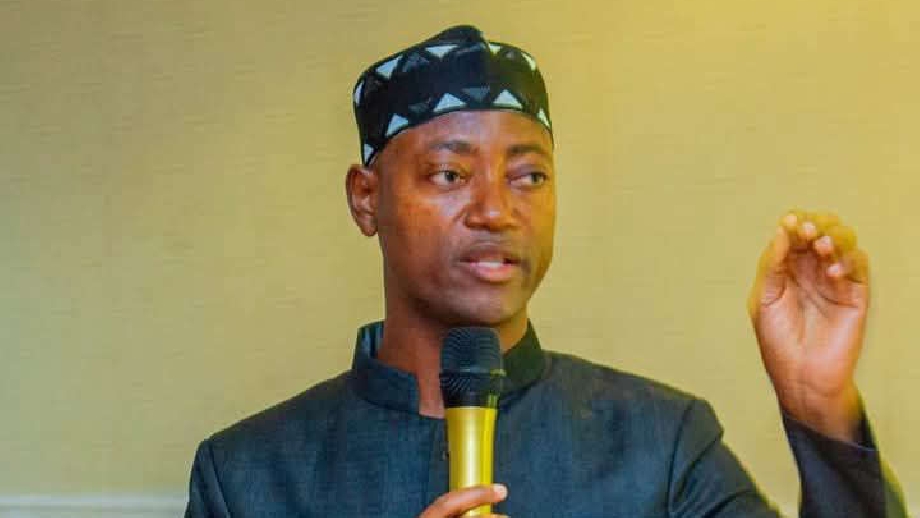
An economist in Kano, Dr. Abdussalam Kani, has raised alarm over the potential global economic implications of the ongoing Iran-Israel conflict, warning that it could severely disrupt global oil production, supply, and distribution.
Dr. Kani, the Executive Director of the Fiscal Discipline and Development Advocacy Centre (FIDAC), said the crisis has already reduced crude oil production in the affected regions.
According to Dr. Kani, the downturn is likely to cause a sharp rise in crude oil per barrel, consequently triggering global inflation and an increase in petroleum prices.
He explained that the instability in the Middle East, a region critical to global oil output, could further intensify energy supply chain issues, affecting both advanced and developing economies.
“The escalation between Iran and Israel poses a serious threat to oil supply routes and could lead to a global spike in fuel prices.
This, in turn, would impact food prices, transportation costs, and the general cost of living around the world.”
Dr. Kani also expressed concern about the situation in Nigeria, lamenting that despite 64 years of oil exploration and exportation, the country’s refineries are still not operating at expected capacities.
“If our refineries were functioning optimally, the situation would not have impacted Nigeria as severely. We would have been able to refine our crude locally and cushion the effects of international market volatility,” he said.
He stressed the need for Nigeria to prioritise domestic refining capacity and reduce its overdependence on imported petroleum products, especially in the face of growing global uncertainty.
Dr. Kani called on the federal government to expedite the rehabilitation and operationalisation of all national refineries, while also encouraging private sector investment in the downstream oil sector.
He warned that failure to act swiftly could plunge the country into deeper economic hardship, especially as rising fuel prices continue to push up transportation and production costs, further worsening inflation.
He concluded by urging policymakers to view the current crisis as a wake-up call to build economic resilience and invest in long-term energy sustainability.


